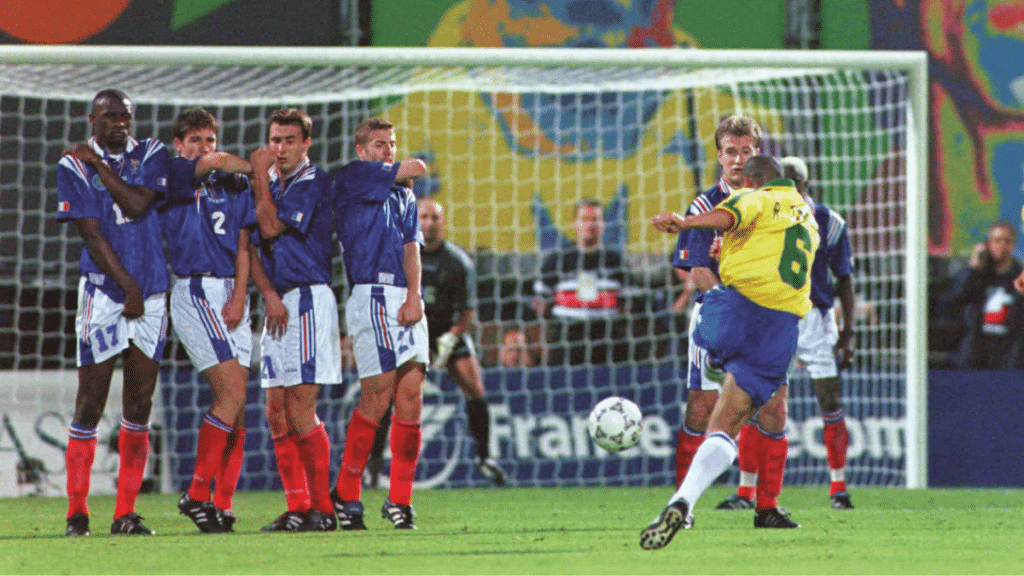Football used to be all about quality, but now it’s all about how many matches they can squeeze into a single season of Football. Teams had time to prep, players were able to recover, and every game was a spectacle.
Now? It is an ever-continuing marathon – there is no finish line. More matches, more exhaustion, more injuries — but somehow, more cash.
Famous experts from the best Qatar betting sites argue that while more matches mean bigger profits, they also bring major risks for players and clubs. The game is evolving, but is it for the better? Let’s break it down.
The Physical Toll on Players
Footballers are now required to play an intense number of games every season, often with little time to recover. This has changed how they train, how they perform, and even how long they can sustain their careers.
While some handle the pressure well, many struggle with the relentless schedule:
- Injuries are piling up — More matches mean less recovery time. Muscles don’t heal properly, fatigue kicks in, and injuries that once took months to appear now happen mid-season.
- Performance drops — No one can sprint at full speed every three days. Tired legs mean slower reactions, weaker shots, and more mistakes.
- Mental burnout — Football isn’t just physical; it’s a mental game, too. Playing constantly, with no real breaks, leads to stress, loss of motivation, and even depression in some cases.
- Shorter careers — Legends used to play into their late 30s. Now, many stars peak early and burn out fast. Just look at how many top players struggle with fitness by the time they hit 30.
The physical demands of the modern game led to clubs re-evaluate player management, with improvements in medical staff, nutrition and recovery programs. But at the end of the day, the human body should not be pushed so hard, it has a breaking point.
The Club Perspective: Profits vs. Performance
For clubs, the balance between success and sustainability has never been trickier. More matches bring in more revenue, but they also mean increased pressure to manage squads effectively.
Managers and staff have to adapt constantly, making key decisions on rotations, transfers, and player well-being:
- Squad rotation becomes a must — Teams with deep benches survive, while those with thin squads suffer. Managers now juggle lineups like puzzle pieces, trying to keep everyone fresh.
- Bigger squads, bigger expenses — More games mean more players, higher wages, and larger medical teams. Clubs spend millions just to keep players fit.
- Tactical adjustments — Coaches don’t have time for complex strategies anymore. With limited training sessions, they focus on quick fixes rather than long-term tactics.
- Overloaded calendars kill competition – Cup tournaments, international friendlies, league matches — it’s too much. Weaker teams struggle, while the richest clubs dominate because they can afford top-tier backups.
While clubs benefit financially from an increased number of games, the long-term impact on team stability and player well-being is becoming harder to ignore. Even fans are noticing how fatigued teams look toward the end of seasons.
Is There a Solution?
Football isn’t going to slow down. The money is too good, and fans keep watching. But maybe it’s time for balance.
Reducing the number of meaningless international friendlies, giving clubs longer off-seasons, and limiting fixture congestion could help. Otherwise, we’ll see even more injuries, tired football, and shorter careers.
The beautiful game should be about skill and excitement — not exhaustion and survival. Keeping players fresh and teams competitive should be the priority, not just squeezing as much revenue as possible from every possible match.
